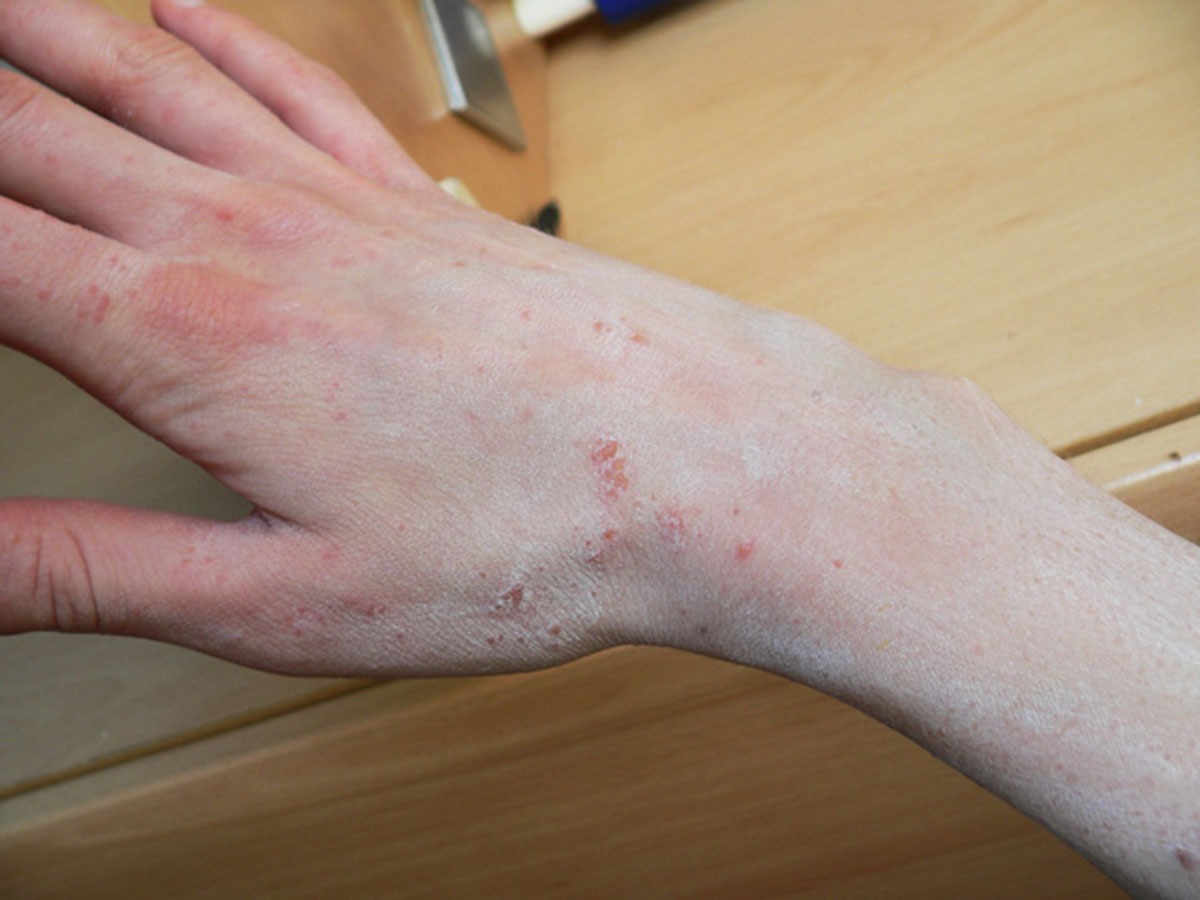
Itchy red bumps are characteristic for many skin conditions. In some cases these skin lesions are located on the specific parts of the body while in others the entire skin can be covered with itchy and red bumps. The very location of the bumps and accompanying symptoms and signs may be helpful in setting of the correct diagnosis.
Causes of Itchy Red Bumps
Definitely one of the most common causes associated with itchy red bumps on the skin is an allergy. Allergic skin reaction may be triggered by a variety of allergens such as certain foods, drugs, chemicals, pollutants and environmental allergens (pollen, dust and mites). Once the person is exposed to particular allergen certain parts of the skin become covered with specific skin changes.
Furthermore, itchy red bumps on the skin can be a consequence of insect bites. This particularly refers to bed bug and flea bites.
Scabies is an infective parasitic skin condition. It typically features with red bumps that are very itchy and are located in the webbing of the hands but the infection may also affect other parts of the body such as wrists, feet, armpit etc.
Apart from the previously mentioned itchy red bumps may occur in rosacea, eczema, psoriasis, foliculitis, shingles and hidradenitis suppurativa. And finally, these skin changes represent a common characteristic of measles.
Treatment for Itchy Red Bumps
Treatment for itchy red bumps basically depends on the actual cause. This is why it is better to consult a doctor prior even considering any home remedy. This way a doctor will set the correct diagnosis and if necessary prescribe appropriate treatment. In some case medicamentous treatment will not be necessary and patients are advised to use certain home remedies to alleviate itching sensation, reduce redness of the affected skin and accelerate the healing.
Allergies are perfectly treated with antihistamines. For people who know they are allergic to certain substances it is essential to avoid any contact with allergens and this way prevent occurrence of an allergic reaction. Scabies is successfully treated with topical ointments and adequate hygiene of the affected skin. In some cases patients are prescribed more aggressive treatment with corticosteroids which are taken either topically or orally.
Relieve from unpleasant symptoms can be achieved by ointments and creams that contain Camphor, menthol or dyphenhydramine. A variety of home remedies is available but none of them is supposed to be applied on the skin prior consultation with a well experienced dermatologist. Unprofessional application of certain substances may make the situation only worse and lead to certain complications.


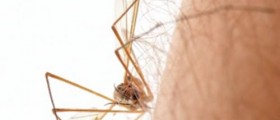

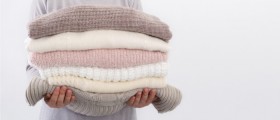
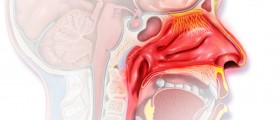

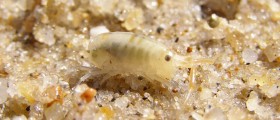

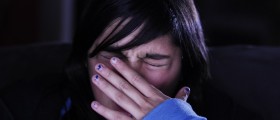
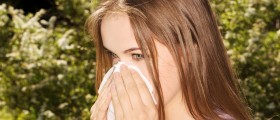

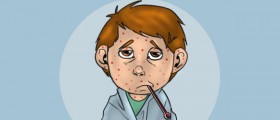
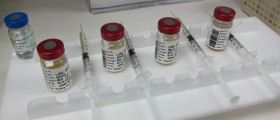
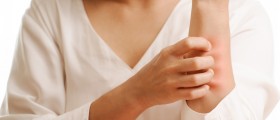
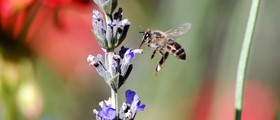
_f_280x120.jpg)
Your thoughts on this
Loading...